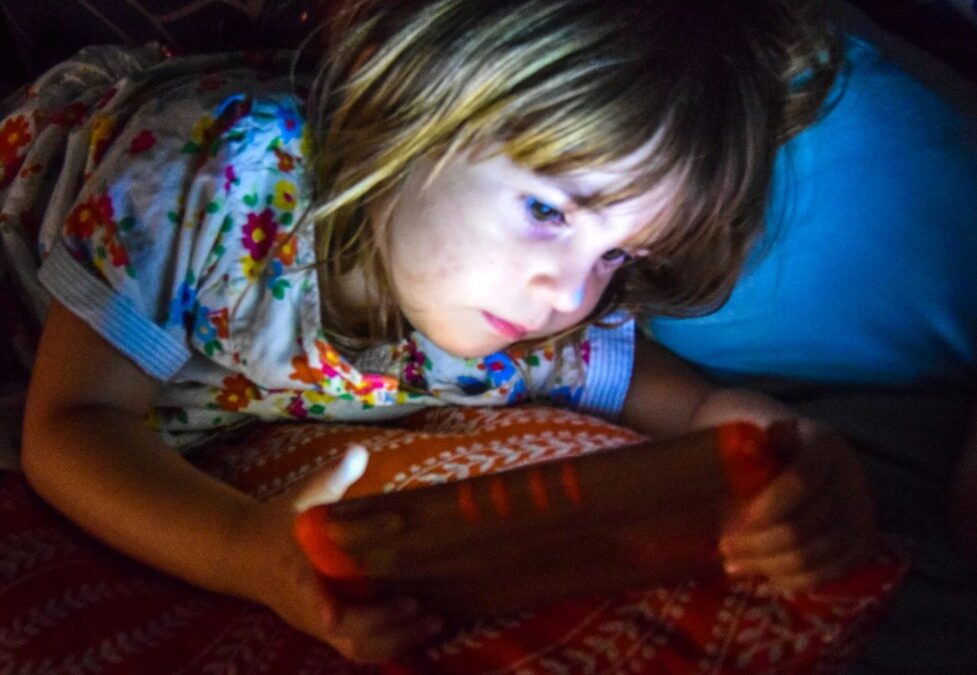
Parenting today is challenging, with cultural shifts often undermining kids’ resilience. As a child psychologist inspired by The Coddling of the American Mind by Haidt and Lukianoff, I offer evidence-based strategies to foster your child’s ability to navigate life’s challenges.
Resilience—adapting to stress—grows when kids face manageable setbacks. A 1998 Developmental Psychology study found that overcoming small challenges builds problem-solving skills, while overprotection increases anxiety (Journal of Child Psychology, 2016). Social media amplifies this, with a 2021 JAMA Pediatrics study linking excessive use to heightened emotional sensitivity, especially in teens. “Safetyism,” an obsession with shielding kids from discomfort, discourages risk-taking, weakening neural pathways for adaptability (Nature, 2019).
To build resilience, focus on emotional regulation, social competence, and a growth mindset. Let kids fail safely—like forgetting homework—and discuss lessons learned. Assign chores to boost responsibility and encourage physical risks, like climbing trees, to build confidence. Teach emotional reframing: if they say, “I’m terrible at math,” ask, “What’s one thing you did well?” Model calmness during stress and practice short mindfulness exercises to strengthen emotional skills. Promote free play and group activities like sports to enhance social skills and empathy. Praise effort over outcomes to foster a growth mindset, as Carol Dweck’s 2006 research shows.
Parenting in a world that prioritizes safety over growth is tough. You’re not alone in feeling overwhelmed. Start small: try a device-free playdate or share a story of your own challenges. These steps build kids who thrive amid adversity. For guidance, reach out to a psychologist or counselor.
Resources: The Coddling of the American Mind, American Psychological Association, Mindset Works, National Institute of Mental Health.
Follow us for more wellness content!
More Blog Posts

Addressing Screen Time’s Impact on Children’s Sleep
In an era where screens are abundant, parents are increasingly concerned about how devices affect their children’s sleep. Poor sleep can impact mood, focus, and overall health, making it a critical issue for child development. Supported by scientific research, this blog explores the psychological effects of screen time on sleep and offers parents compassionate, practical strategies to promote healthier sleep habits.
In crisis or need immediate help?
Call 988 or go to your nearest ER.
Services
Adolescent Psychotherapy
Adult Psychotherapy
Assessments & Evaluation
Child Psychotherapy
Cognitive Behavioral Therapy
Couples Therapy
Family Therapy & Parent Coaching
Genetic Testing
Group Therapy
Medication Management
Play Therapy
Single-Session Therapy
Teletherapy
Orchard Mental Health Group
Accepted Insurance*
Aetna
Carefirst / Blue Cross Blue Shield
Cigna
Humana / Tricare
Johns Hopkins Health Plans
Medicaid
Medicare
Optum / UnitedHealthcare
*Varies by service
Partner Resources
Contact Us
M-F, 9am-5pm Eastern Time
Phone: 240-750-6467
Fax: 240-912-7835
contact@orchardmentalhealth.com
9707 Key West Avenue, Suite #100 Rockville, MD 20850


